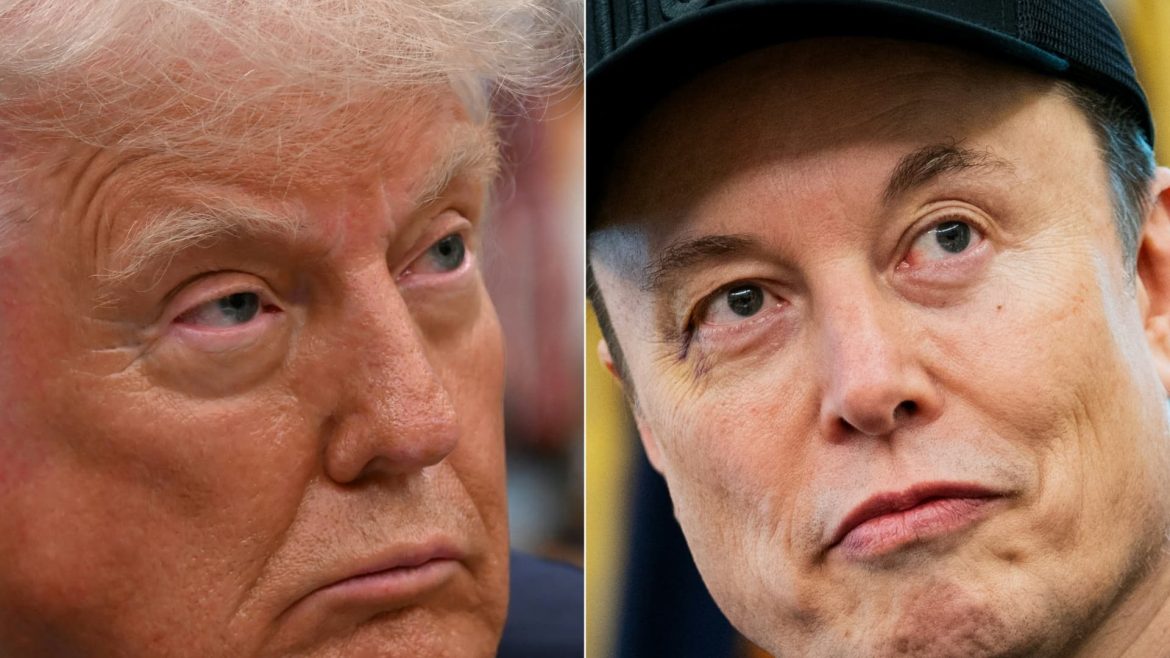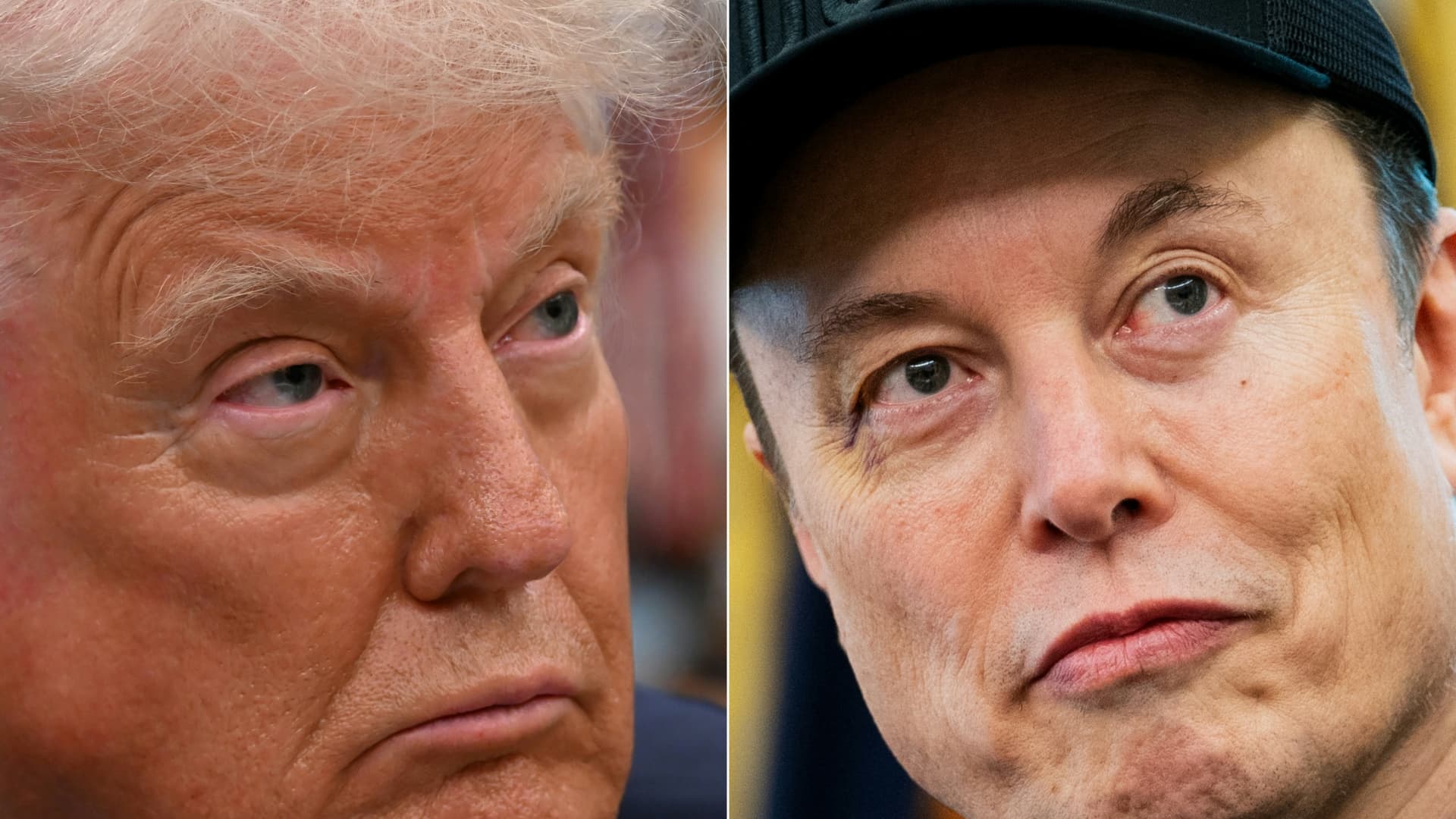Elon Musk’s Public Regret Over Social Media Posts About Donald Trump: A Deep Dive
Introduction
Recent headlines reveal that Elon Musk publicly expressed regret over some of his social media posts about former U.S. President Donald Trump. This development marks a significant turn in the ongoing public feud between two high-profile figures often involved in sharp political and social commentary. The episode is notable for its implications on public discourse, the relationship between influential personalities, and the delicate balance between personal opinion and professional standing. This analysis explores the context, content, and consequences of Musk’s statements, while unpacking the dynamics that led to his public admission of regret.
Context of the Feud
The discord began as a clash of opinions and evolved into a series of outspoken criticisms on social media platforms, primarily Musk’s own X (formerly Twitter). According to multiple reports, Musk’s posts last week included severe critiques of Trump, encompassing calls for impeachment and allegations linking Trump to controversial figures such as Jeffrey Epstein. These posts, which Musk later characterized as having “gone too far,” ignited a public spat with knock-on effects across their respective spheres of influence.
At one point, Musk even suggested that without his intervention in the political landscape, Trump’s election outcomes could have differed, highlighting Musk’s self-perceived impact on the political arena. The extent of the feud also strained previously close ties. Reports indicate that a former close partnership between Musk and Trump dissolved amid concerns about the impact of Musk’s public criticisms on his flagship companies Tesla and SpaceX. Trump’s camp responded with their own public rebukes and criticism of Musk, further intensifying the conflict.
Content of Musk’s Regret
In posts from June 11, Musk directly stated his regret: “I regret some of my posts about President @realDonaldTrump last week. They went too far.” This acknowledgment came days after a barrage of posts in which Musk accused Trump of various misdeeds. The regret was publicly voiced on Musk’s own platform, signaling a rare moment of contrition in an often confrontational online presence.
Musk’s regret did not absolve him of his criticisms but rather served as a public stepping back, suggesting a reassessment of tone and approach. The brevity and clarity of his message contrasted sharply with the earlier provocative statements that had stirred controversy. It also suggested an awareness of the wider impact such contentious exchanges can have, not only on personal reputations but on public perception of ongoing political narratives.
Implications of the Feud and Regret
The public feud and subsequent expression of regret by Musk underscore several key themes relevant to socio-political discourse and corporate leadership.
Broader Social Reaction
The media and public response to Musk’s expression of regret has been mixed, with some interpreting it as a mature step toward reconciliation, while others view it as a retreat under political pressure. Conservative commentators and Trump supporters expressed skepticism, often highlighting perceived inconsistencies in Musk’s statements. Meanwhile, independent observers noted the incident exemplifies challenges in contemporary political dialogue, especially involving polarizing figures who wield enormous influence both online and offline.
Conclusion: The Fine Line Between Freedom and Foresight
Elon Musk’s public admission of regret regarding his social media posts about Donald Trump offers an instructive case study in the power and pitfalls of digital discourse among public figures. It reveals the tensions between personal expression and public responsibility, the complexity of navigating political allegiances, and the tangible consequences words can have in the digital age. More than a mere retraction, it signals a moment of reflection on the interplay between influence, civility, and strategy in high-stakes communication. As Musk continues to balance his roles as entrepreneur, innovator, and public commentator, this episode underscores the importance of measured engagement in shaping public narratives without causing irreversible rifts.





